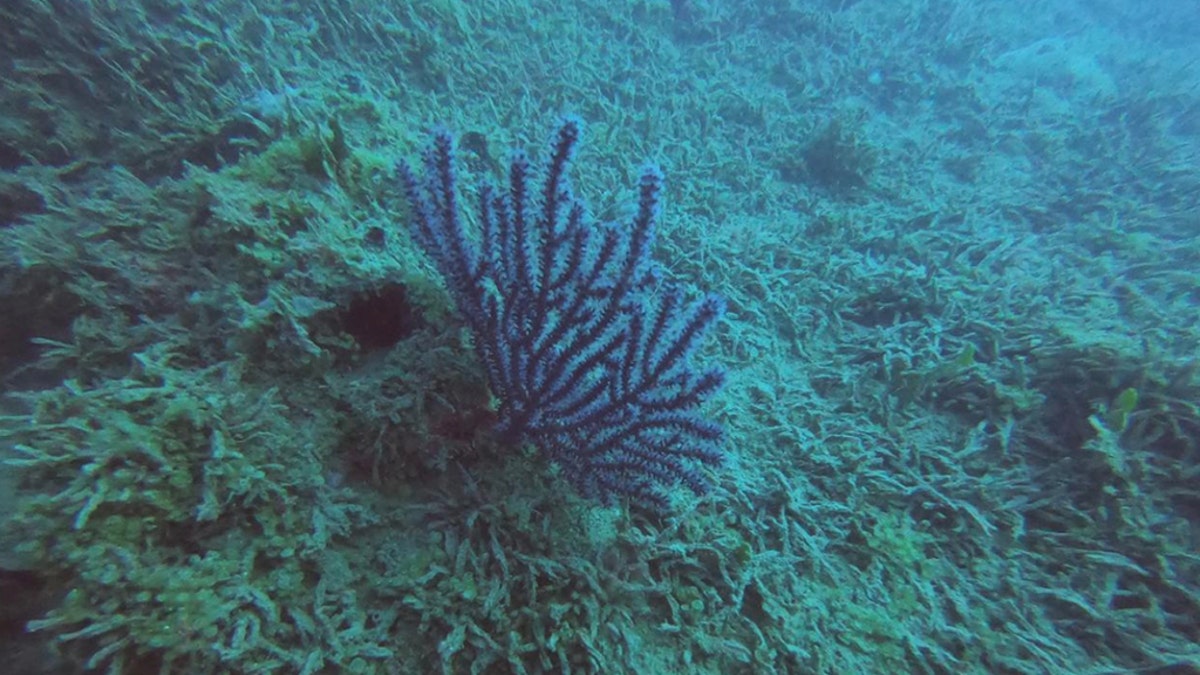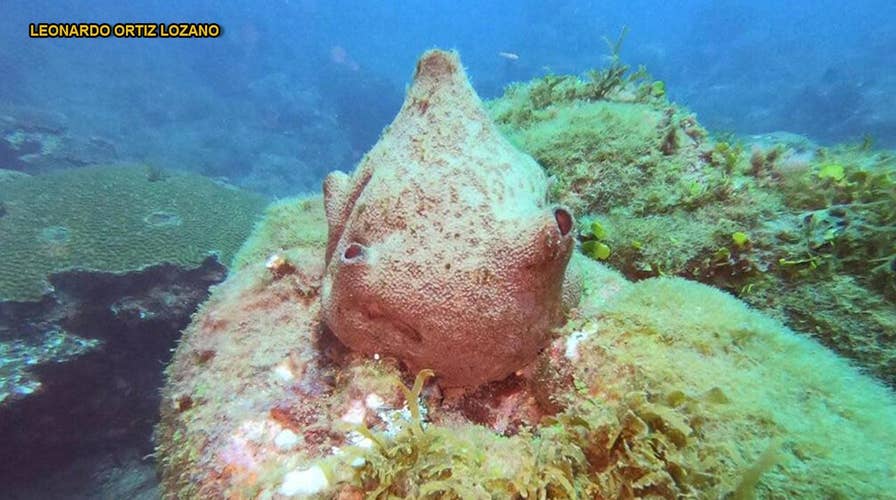Scientists discover stunning 310-mile coral reef corridor in Gulf of Mexico
A team of scientists from the University of Veracruz and Mexico's National Institute of Technology have discovered an incredible 310-mile coral reef corridor in the Gulf of Mexico. The corridor provides a habitat for a large number of species but is currently unprotected, a situation that the scientists who discovered the corridor want to change before it becomes threatened by the oil and gas industry.
Scientists have found five stunning new coral reefs that form a vast, 310-mile corridor in the Gulf of Mexico.
A team of scientists from the University of Veracruz and Mexico's National Institute of Technology announced their findings about the reefs – Corazones, Pantepec South, Piedras Altas, Los Gallos, and Camaronera – earlier this month.
Leonardo Ortiz Lozano, a researcher with University of Veracruz, made the discovery alongside his colleagues, Earther reported. Like most such coral reef regions, the corridor provides a habitat for a large number of species and fuels an extremely biodiverse ecosystem.
SCIENTISTS DISCOVER STRANGE 'NIGHTMARE' CRAB WITH CARTOON EYES

A type of coral found in Los Gallos, another reef the team found. (Courtesy of Leonardo Ortiz Lozano)
Although it is currently unprotected, the scientists who discovered the corridor want to change that before it becomes threatened by the oil and gas industry.
"We want the coral corridor to be officially recognized to protect it from the fossil fuel industry."
The fishing industry and sedimentation from runoff pose a threat to the reefs, the researchers say. Though they want to build in new ecological protections for the reefs, they don't want to destroy fishermen's primary source of income.

A taste of what the team found in the Corazones reef, which they discovered this year. (Courtesy of Leonardo Ortiz Lozano)
“What’s most important is that these sites are where hundreds of fishermen receive their nourishment and work,” Ortiz told Earther. “It’s important to protect these sites, but it’s necessary to maintain the fishing industry.”
“We want the coral corridor to be officially recognized to protect it from the fossil fuel industry,” Ortiz told Earther.
In addition to pollution from humans, climate change can also negatively impact coral reefs.

More coral found in the Corazones reef. (Courtesy of Leonardo Ortiz Lozano)
ATTORNEY GENERAL BARR TARGETS FACEBOOK, GOOGLE AND AMAZON IN BROAD ANTITRUST PROBE
Scientists are studying the ways in which biodiverse reefs can be strengthened to thrive in a warmer future.
“There is currently a lot of interest in creating more tolerant corals through genetic engineering and of restoring reefs by targeting more resilient corals,” Caroline Palmer, visiting research fellow at the University of Plymouth who was not affiliated with these newly discovered reefs, said in a press release. “I fully support these approaches, but believe understanding what drives coral health will be key to their success.”









































